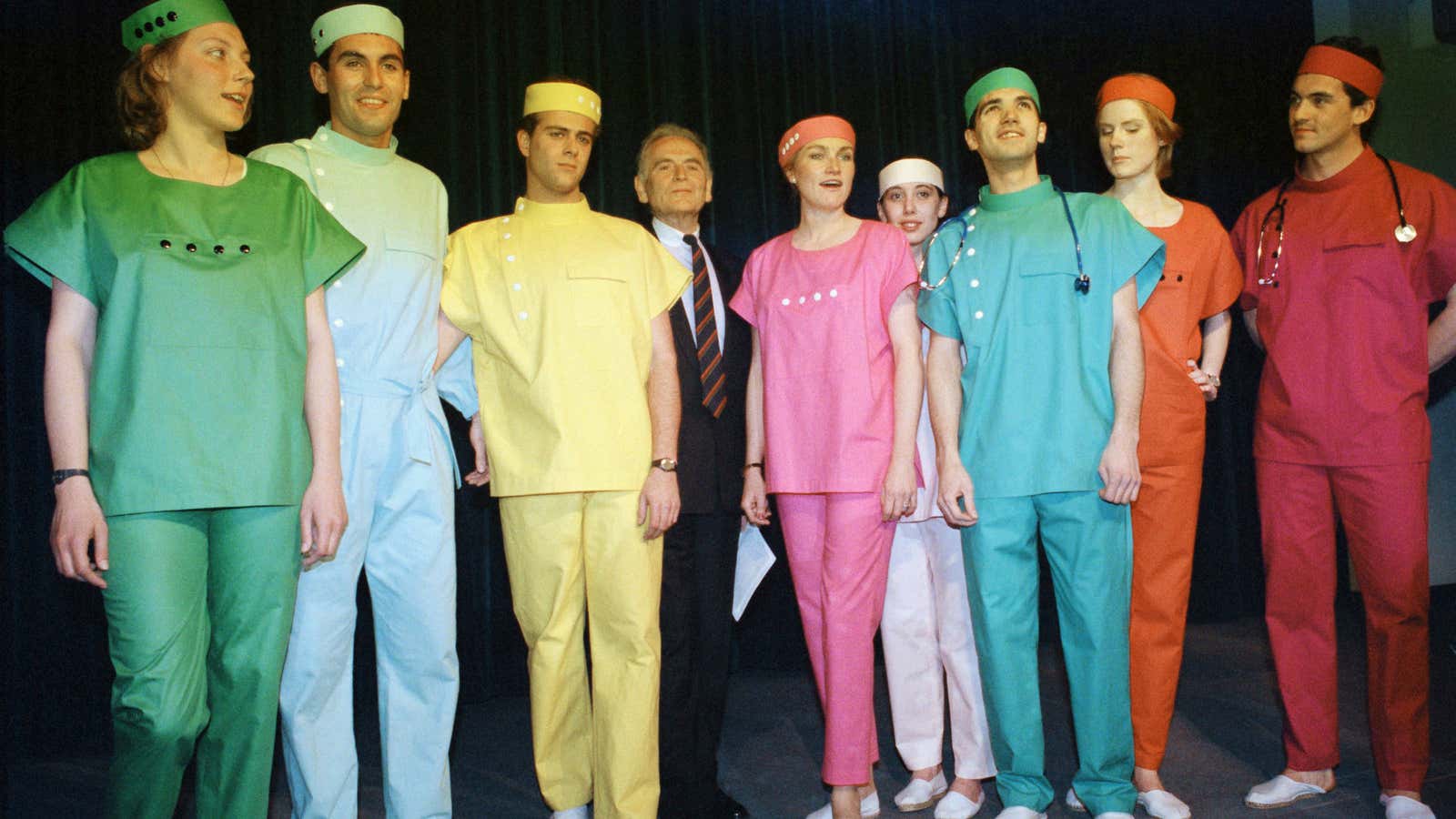Neither of this year’s recipients of the Nobel Prizes in Economics have degrees in economics, but they certainly have the respect of economists like me. I learned Lloyd Shapley’s principles of cooperative game theory in graduate school. They have stood the test of time. And Al Roth is a very big name in microeconomic theory, whom most economists thought would someday win a Nobel Prize. Roth has a PhD in operations research, Shapley in math.
I have reason to be personally grateful to Al Roth because his redesign of the National Resident Matching Program (NRMP) for medical doctors has provided a foundation for research my coauthors, Daniel Benjamin, Ori Heffetz, and Alex Rees-Jones (all three now at Cornell) and I are conducting. We want to know to what extent young doctors are pursuing happiness or pursuing prestige and fortune instead. For our research, it is important that Al Roth designed the NRMP in a way that encourages medical students to express their true preferences.
What we did was to run our own web survey of the young doctors who had just made their choices in the NRMP. We wanted to see how much they valued happiness compared to other concerns in a real-world situation. We are after the answers to questions such as this: are the future medical residents willing to sacrifice happiness for prestige? Will they sacrifice their own happiness to go to a city their romantic partners like better? If they sacrifice happiness during their residency, is it only in order to experience greater happiness later on in life, or are they willing to make a choice they think will lower their happiness throughout their lives in order to get something else they want? The NRMP provides an ideal testbed for these questions because it makes the future medical residents think hard about their choices and what those choices mean for their lives, and provides a clear deadline for that thinking. And Al Roth’s design means that the match program should be getting the medical residents to think about what they really want rather than about some way to game the system. In a fitting tribute to Al Roth’s new home at Stanford, my coauthors gave a preliminary report of our research at the Stanford Institute for Theoretical Economics this summer. We have more work to do to analyze the data, but we can already see that there are rich rewards to this effort, thanks in important part to Al Roth’s design.




